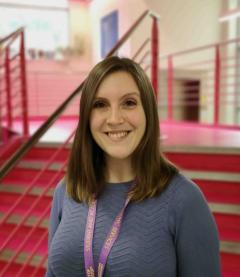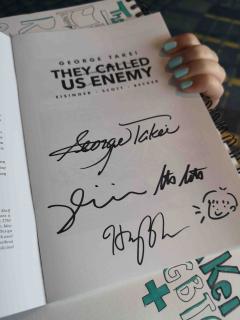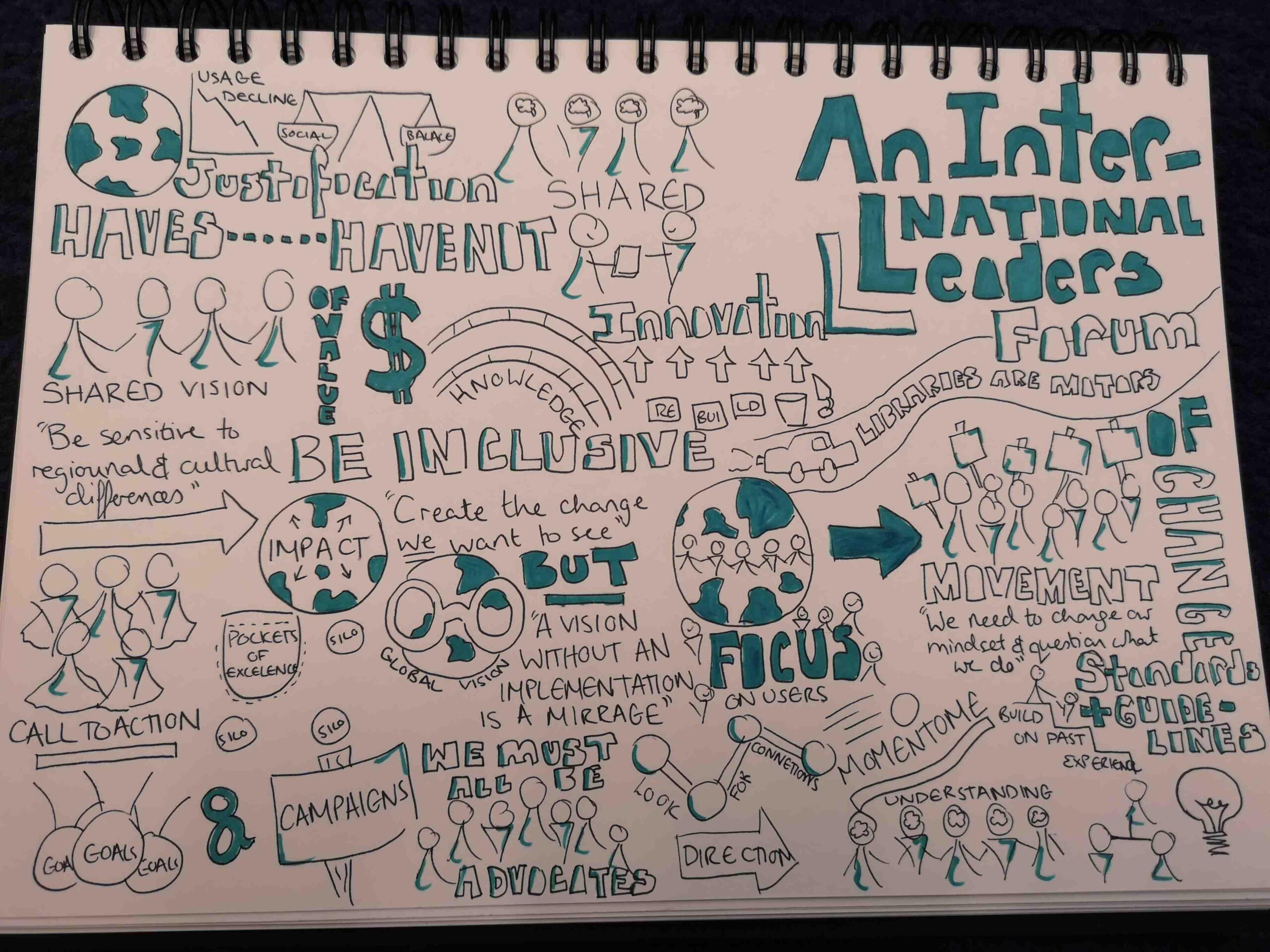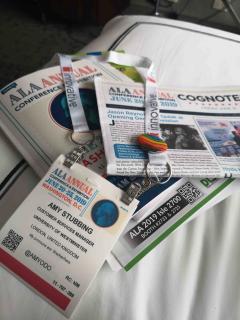26 July 2019
Amy Stubbing, University of Westminster
It has been three weeks since I returned from my trip to the American Libraries Association conference and I’m still digesting the information thrown at me. This year ALA was hosted in Washington DC, meaning that not only did we have five days of conference activities and sessions, but in the days prior and immediately after attendees were flooded with opportunities to explore Smithsonian libraries, tour the various Washington monuments and access some of the world’s best museums. I’m not one to miss an opportunity to soak up culture and I revelled in the chance to look inside one of the Natural History Museum libraries and to explore an impressive number of the museums that Washington DC has to offer. So, before the conference had even began, I felt saturated with knowledge and culture.
The conference itself started with a day of workshops and the opening keynote with Jason Reynolds. I had heard of Jason Reynolds before, having worked previously at a school library, but I had no idea of what a fantastic speaker he is. His session was both moving and exciting, and focused on the idea that libraries are knowledge, and knowledge is power. It was a wonderful introduction to the conference, reaffirming for me (and my fellow library and information professionals in attendance) why we’re in this wonderful profession.
Directly after his keynote the exhibition hall opened. I had been told by many people that it was huge and to make space in my luggage for all the free things. Still, I was not prepared for how massive it was. I spent a solid two hours in the exhibition hall that first night and I still hadn’t seen even half of the booths. And despite my assurance that I would not be lured in by the free stuff, naturally I ended up with three sacks full of signed advanced reader copies. By the end of the conference I had attended the exhibition hall four times, and I only just managed to see all of the stalls (I think . . . ).
The rest of the conference days were full on, to say the least. Sessions started at 8.30 am and networking events often carried on directly after the conference and didn’t finish until gone ten in the evening. The sheer amount of sessions was astounding, so it was vital that I had my sessions planned out before each day. I focused my attendance on sessions which explored leadership and management approaches, innovative technologies, and wellbeing.
Unsparingly, diversity was a huge theme of the conference, and this fed into almost every session I attended. It was fascinating to get an understanding of the issues of diversity and the barriers faced in America and to take ideas and approaches based on those experiences and translate them into a context for England. For example, one of the most rewarding conference sessions I attended was on identity which focused on the idea that rather than trying not to see race, gender, sexuality etc, we actually need to be aware and embrace the stories and identities of our staff and patrons to overcome some of the deep-seated issues we face in diversity and inclusion. There were a lot of tangible takeaways from all of the sessions I attended, indeed some of the ideas I took on approaches to wellness (such as reflection spaces, walking meetings etc) I’ve already been looking to explore in my own workplace. The sheer amount of information I took in means that I’m still unpicking what I learned so I think the benefits will continue to be seen over the coming months.
I attended most of the keynote sessions, which I saw as a break from the learning for implementation approach which I took for the rest of my session choices, and rather a chance to just enjoy hearing from some fantastic speakers. I thoroughly enjoyed a panel with Frank Miller and Tom Wheeler in which they discussed their new book (an illustrated retelling of Nimoe’s story from Arthurian legend), but my favourite keynote session was without a doubt George Tekai. Hearing about his time as a child the the Japanese American Internment camps was real, heartbreaking and moving. He has told his story in a graphic novel called They called us enemy which will be released in October. Having read the start of the book at the conference I wouldn’t hesitate to recommend people read it. Mo Rocco provided a lighthearted end to the conference, and a much appreciated change in tone to many of the detail- and content-heavy sessions I had attended for the previous five days – by that point my brain felt as if it couldn’t hold an ounce more information.
One of my aims in attending the conference was to use sketchnoting for the first time and to create a portfolio from the sessions I attended. Having never done this before, I wasn’t sure how this would actually go in practice, but it ended up being a hugely rewarding experience. Not only did it encourage other attendees and speakers to approach me and to share my work from sessions, I also found that I actually learned more and took in more information than I ever have when writing notes traditionally as I have done in previous conferences. The need to engage with and translate the information being delivered into images and concepts meant that I engaged much more with the information than normal. While I found some things easier than others (some speakers are more visual than others for example) I think the learning experience as a whole was extremely rewarding. As with anything I progressed with practice, and had really honed my style by the end of the conference. In fact, having done this at ALA I am now exploring other uses for it in pedagogical practice, in disseminating information, and for my own learning.
I also wanted to gain some more contacts for international collaborations from the conference. There were some great networking opportunities, particularly for international attendees. One of my favourite events was the international reception which was held at the library of congress after hours. While I would say ALA brought less obvious opportunities to share a business card than other conferences I had attended, those that I did connect with are truly valuable and are certainly going to lead to shared knowledge and joint projects. Indeed, I have already been actively in contact with three colleagues based in the US and one in Africa to share ideas on collections work I have completed and to tie up and share ideas on data collection approaches for service development.
Attending ALA has without a doubt been a key moment in my career, and the knowledge and contacts I gained in my time in DC are already shaping my approaches and work. The amount I’ve learned and the benefits to me both personally and professionally are too big to share here, and I can only thank UKSG for this incredible opportunity. I hope that one day I’ll get to attend again, but until then, I’ve got plenty to be working through, implementing, and sharing with the rest of the profession to keep me occupied!
The links to Amy’s video diary entries can all be accessed via the UKSG Research and Innovation webpage.
These views are the author’s own and do not necessarily reflect the views of UKSG.




